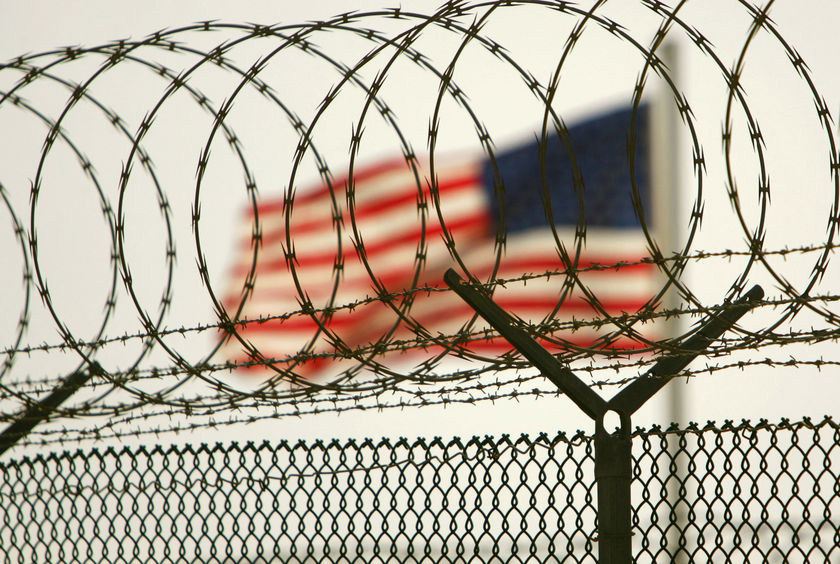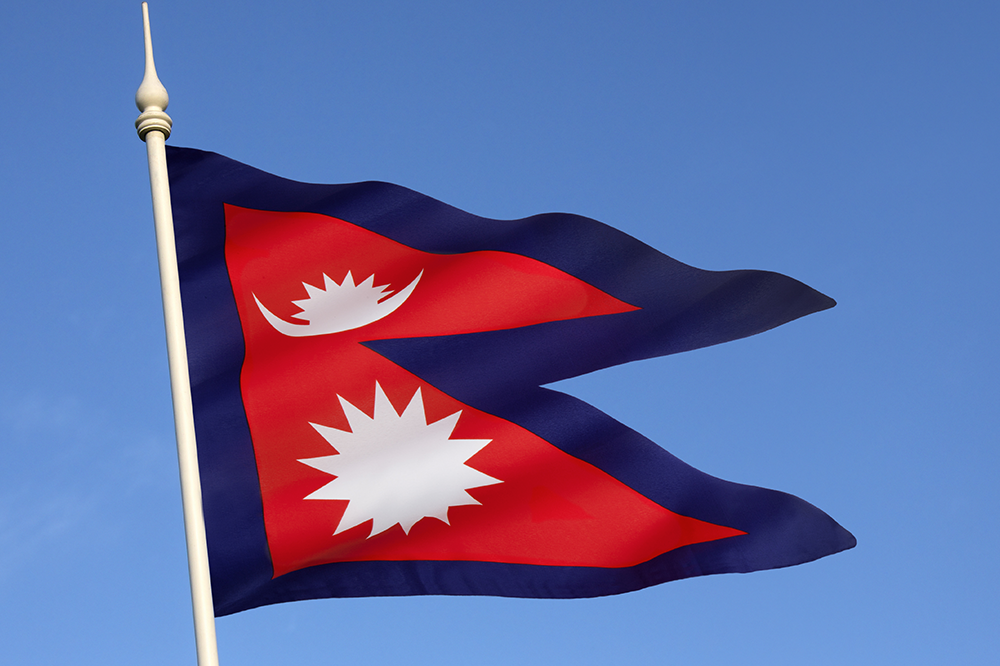
Mar 9, 2009 | News
The ICJ today welcomed the decision to issue a warrant of arrest against the President of Sudan, Omar Hassan Ahmad Al Bashir, for crimes against humanity and war crimes.
This first decision, in which an international tribunal has sought the arrest of a sitting head of State, is a significant step forward towards breaking the cycle of impunity and bringing justice to victims in Darfur.
Sudan-Breaking the cycle of impunity and bringing justice to victims in Darfur-Press releases-2009 (full text, PDF)

Mar 6, 2009 | E-bulletin on counter-terrorism & human rights, News
Read the 31st issue of ICJ’s monthly newsletter on proposed and actual changes in counter-terrorism laws, policies and practices and their impact on human rights at the national, regional and international levels.

Mar 6, 2009 | Advocacy, Analysis briefs
The ICJ supported expansion of strategies embraced by the Office of the UN High Commissioner for Human Rights to help prevent human rights violations and enhance protection of civilians in emergencies.
In the interaction with the UN High Commissioner during the 10th session of the Human Rights Council, the ICJ also demanded elaboration of a comprehensive action plan to help integrate rule of law principles and human rights standards into the national response to terrorism, and urged action on the DRC, Sri Lanka, Nepal, Zimbabwe and Colombia.
UN-violence against civilians in conflict situation-non legal submission-2009 (download in English)

Mar 6, 2009
The systematic practice of enforced disappearances during Nepal’s civil war was among the worst anywhere in the world. The whereabouts of more than 1,000 people are still unknown.
To date not a single perpetrator of past human rights violations has been brought to justice and impunity remains widespread.
The Government has taken a crucial step by introducing a law to address the problem of enforced disappearances. The Ordinance, promulgated by the President on 12 February 2009, criminalizes the act of enforced disappearance, establishes a commission to investigate past cases from 1996 to 2006, and provides for prosecution of perpetrators and reparations for victims.
However, these positive steps could be undermined by the failure of certain provisions to meet international human rights standards. The ICJ paper reviews international law and best practices on enforced disappearances and makes a number of recommendations to improve specific provisions of the Nepali law in key areas and to strengthen the independence and effectiveness of the Commission on Disappearances.
Nepal-Briefing paper on Enforced Disappearances-Analysis briefs-2009 (full text, PDF)
Nepal-CJ calls for amendments-Press releases-2009 (full text, PDF)

Mar 3, 2009 | News
The ICJ urged the Human Rights Council to adopt new mechanisms for enhanced protection of civilians in times of de facto and de iure emergencies, including in armed conflicts.
The Council was also demanded to start using its multiple instruments to address gross violations in individual countries and articulate measures to remedy damage done in counter-terrorism, which requires a renewed commitment to human rights and rule of law principles.
The following documents are available:
ICJ urges to HRC unconditional protection of civilians-Press releases-2009 (full text, PDF)









